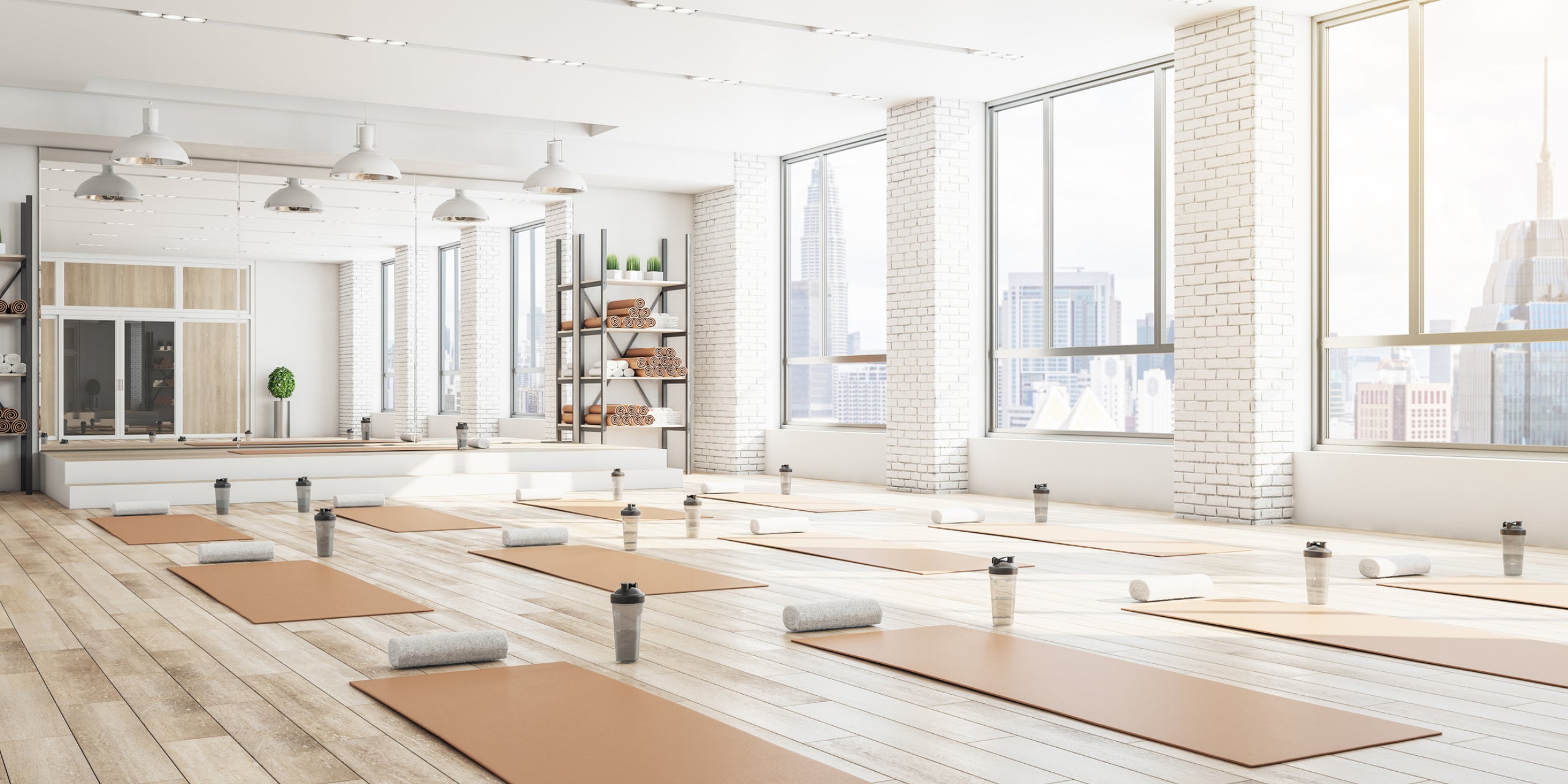
How To Cultivate Non-violence In Your Everyday Life - The Ahimsa Principle Of Yoga
If you want to take your yoga journey to a deeper and more spiritual level, the best place to start is … well, at the very beginning.
In the yogic philosophy, this beginning can be defined from Patanjali’s Yoga Sutras and the eight limbs of yoga, from which the first are the five yamas.
One, and arguably most important yama is ahimsa, which refers to non-violence. This virtue is to be developed in all aspects of one’s inner being and their actions and behaviors related to the external world.
Instead of going deep into the philosophy of Ahmisa, in this article we will share practical ways in which you can cultivate this virtue in your everyday life.
Non-Violence Towards Oneself
We all know the phrase that you cannot love others if you first don’t love yourself – but the same is true for any virtue you want to pursue.
If you want to become non-violent towards the world, you will first need to develop non-violence within yourself.
It’s essential to deeply understand our behavior towards ourselves and others is directly connected.
When we feel any kind of resentment, anger or judgement towards others, we are also creating this negative state within us, and in this manner, we are violent towards ourselves.
Whenever we are trying to pursue or do something to fit an expectation, we are also violent, as we are not living in our true purpose.
Forcing ourselves to do anything which doesn’t feel right or true, whether it is a difficult yoga pose, a daily responsibility or even a life path is violent and will never bring true love and happiness within.
When you begin to reflect on how you practice violence towards yourself in everyday life, you will notice how subtle it is.
The best way to overcome that is through further reflection and contemplation. Whenever you feel judgment, guilt, shame or anger, stop, and observe your mind.
Try to come back to the very first moment when you started feeling that way and see what caused that thought or emotion to arise in the first place. With time, you will be able to recognize the causes of your inner violence and prevent it from developing as soon as it arises.
This describes a practical, intentional and responsive form of meditation, which happens throughout our days rather only when we sit on the mat.
Non-Violence Towards Others
Only when you begin to understand and overcome the violence within yourself, will you be able to also conquer violence towards others.
Physical violence is only a small portion of it, and we hope that isn’t something we need to stress too much. But even if you have been physically violent in your life, that also began from your thoughts, and psychological and verbal violence.
Anytime you judge someone, manipulate them, or try to control their behavior you are being violent. To overcome that, rather than feeling guilty and judging yourself, simply practice stopping that behavior as soon as it arises. Practice cultivating compassion and respect towards all beings, and learn to accept others, even when they create a stir-up within you.
Other practical ways in which you can cultivate non-violence towards the world are:
- Humanitarian work – try to give without expecting anything in return,
- Respect nature – for example, pick up a piece of trash if you see it on the road – rather than simply judging a person who threw it there
- Non-violence towards animals – if you don’t want to go vegan or vegetarian, at least minimize your meat intake and be conscious of where you are getting your meat from.
Finally, it’s important not to romanticize non-violence. When you learn the subtle ways of violence, you will realize overcoming it is a skill. And just like all skills, it can be developed, with time, patience, compassion, and continuous effort.



